Understanding ERP KPIs: Measuring Success in Enterprise Resource Planning

Enterprise Resource Planning (ERP) systems have become the backbone of modern businesses, integrating various functions like finance, supply chain, manufacturing, and human resources into a single platform. But implementing an ERP system is just the beginning — to truly harness its potential, organizations need to track how well their ERP is performing. This is where ERP KPIs (Key Performance Indicators) come into play.
What are ERP KPIs?
ERP KPIs are quantifiable metrics that help businesses measure the efficiency and effectiveness of their ERP systems in supporting core business processes. These indicators provide valuable insights into operational performance, enabling companies to identify areas for improvement and optimize their workflows.
Why Are ERP KPIs Important?
Tracking ERP KPIs helps organizations:
-
Improve operational efficiency: By monitoring process bottlenecks or delays.
-
Reduce costs: By identifying wasteful activities or excess inventory.
-
Enhance decision-making: Through accurate, real-time data analysis.
-
Ensure alignment with business goals: By measuring outcomes against strategic objectives.
-
Drive continuous improvement: Through ongoing monitoring and adjustments.
Common ERP KPIs
-
Inventory Turnover: Measures how quickly inventory is sold and replenished, helping optimize stock levels.
-
Order Fulfillment Cycle Time: Tracks the time from order placement to delivery, reflecting supply chain responsiveness.
-
Sales Forecast Accuracy: Compares forecasted sales to actual sales, improving planning reliability.
-
Production Efficiency: Assesses the ratio of actual output versus planned output in manufacturing.
-
Cost Variance: Monitors deviations from budgeted costs to control expenses.
-
Customer Satisfaction: Indirectly measured through on-time delivery and quality metrics.
Implementing and Monitoring ERP KPIs
Successful ERP KPI tracking requires clear goal setting, consistent data collection, and collaboration across departments. Many modern ERP platforms, including Microsoft Dynamics, SAP, and Oracle NetSuite, provide built-in analytics dashboards to monitor KPIs in real-time.
Conclusion
ERP KPIs are essential tools for companies seeking to maximize their ERP investments. By focusing on the right performance indicators, businesses can streamline operations, reduce costs, and improve overall competitiveness. At Darksn, we help organizations implement effective ERP KPI strategies tailored to their unique needs, ensuring continuous growth and success.

